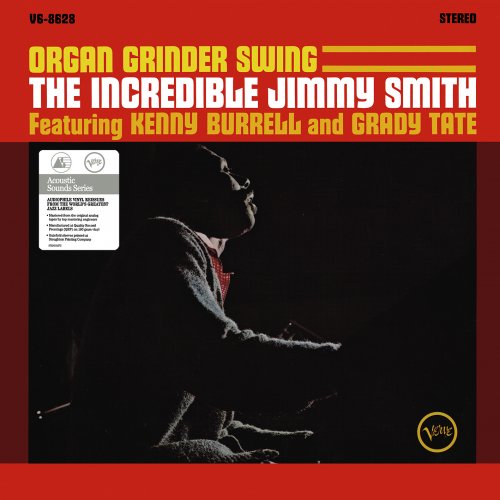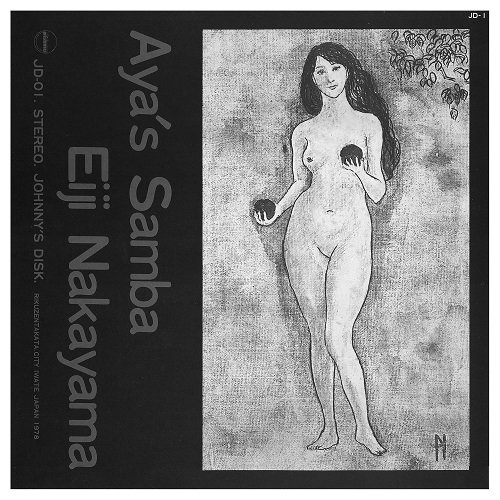Serge Gainsbourg - La Chanson De Prévert (Reissue) (1978) Vinyl
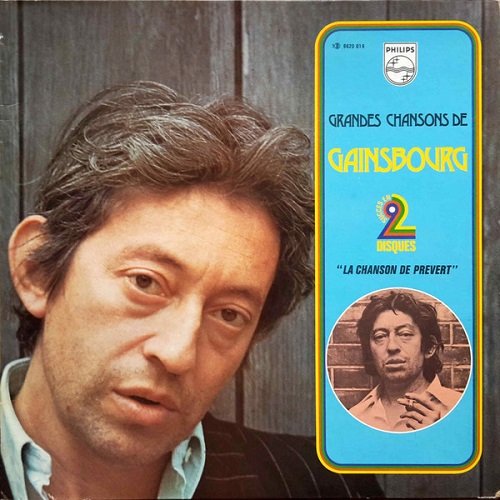
Artist: Serge Gainsbourg
Title: La Chanson De Prévert
Year Of Release: 1978
Label: Philips
Genre: Chanson, Ballad
Quality: Mp3 320 / Flac (tracks, 16/44) / Flac (tracks, 24/96)
Total Time: 59:43
Total Size: 147Mb/350Mb/1,2Gb
WebSite: Album Preview
Title: La Chanson De Prévert
Year Of Release: 1978
Label: Philips
Genre: Chanson, Ballad
Quality: Mp3 320 / Flac (tracks, 16/44) / Flac (tracks, 24/96)
Total Time: 59:43
Total Size: 147Mb/350Mb/1,2Gb
WebSite: Album Preview
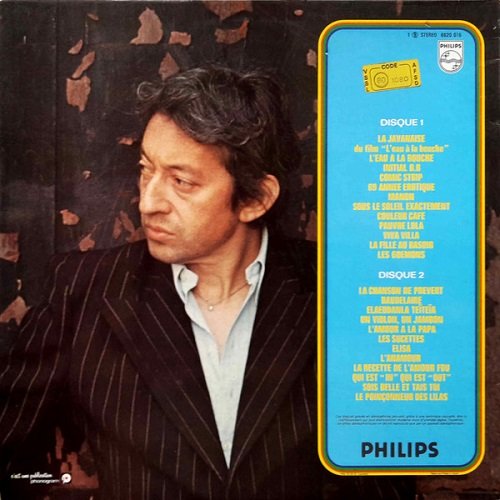
Tracklist:
01. La Javanaise
02. L'Eau A La Bouche (du film "L'eau à la bouche")
03. Initial B.B.
04. Comic Strip
05. 69 Année Erotique
06. Manon
07. Sous Le Soleil Exactement
08. Couleur Café
09. Pauvre Lola
10. Viva Villa
11. La Fille Au Rasoir
12. Les Goémons
13. La Chanson De Prévert
14. Baudelaire
15. Elaeudanla Teiteia
16. Un Voilon, Un Jambon
17. L'Amour A La Papa
18. Les Sucettes
19. Elisa
20. L'Anamour
21. La Recette De L'Amour Fou
22. Qui Est "In" Qui Est "Out"
23. Sois Belle Et Tais-Toi
24. Le Poinçonneur Des Lilas
(April 2, 1928 – March 2, 1991) Poet, singer-songwriter, painter, actor and director. Born in Paris, France, the son of Jewish Russian parents. He had well known children : a daughter, Charlotte, with Jane Birkin; and a son, Lucien Gainsbourg (aka Lulu), with his last partner, Bambou. Two other children are non-mediatics : Natacha (born 8 August 1964) and Paul (born 13 April 1968) with Françoise Antoinette Pancrazzi.
Serge Gainsbourg (born Lucien Ginsburg), wanted to be a painter but earned his living as a piano player in bars. He was tapped to join the cast of the musical 'Milord L'Arsouille', where he reluctantly assumed a singing role; self-conscious about his rather homely appearance, Gainsbourg initially wanted only to carve out a niche as a composer and producer, never as a performer.
His early influence was Boris Vian. Gainsbourg wanted to free himself from what he considered old-fashioned 'chanson' and explore other musical grounds, influenced especially by British and American pop. He also wrote soundtracks for more than 40 movies and directed himself in four movies: 'Je t'aime... moi non plus' (10 years censored*), 'Equateur', 'Charlotte For Ever' and 'Stan The Flasher'.
* Je T'aime ... Moi Non Plus (1969) the song, featured simulated sounds of female orgasm. Originally recorded with Brigitte Bardot, it was instead released with a future girlfriend Jane Birkin as Brigitte Bardot backed out. The song was censored in many countries and in France even the toned-down version was suppressed. The Vatican made a public statement citing the song as offensive. Its notoriety led to it reaching no. 1 in the UK chart.
A frequent interpreters of Gainsbourg's songs was British torch singer Petula Clark, whose success in France was propelled by her recordings of his tunes but the first English-language version of a Gainsbourg song was Dionne Warwick's 1965 version of 'Mamadou'.
Concept album Histoire De Melody Nelson produced and arranged by Jean-Claude Vannier was somewhat based on Nabokov's novel Lolita. It has proven influential with artists such as AIR, David Holmes who covered a track and Beck.
in 1978 with Robbie Shakespeare, Sly Dunbar and Rita Marley he made a Reggae version of the French national anthem "La Marseillaise". His version earned him death threats from right wing veterans of the Algerian War of Independence (OAS). Gainsbourg was able to reply to his critics that his version was in fact closer to the original as the manuscript clearly shows the words "Aux armes et cætera..." for the chorus.
Serge Gainsbourg (born Lucien Ginsburg), wanted to be a painter but earned his living as a piano player in bars. He was tapped to join the cast of the musical 'Milord L'Arsouille', where he reluctantly assumed a singing role; self-conscious about his rather homely appearance, Gainsbourg initially wanted only to carve out a niche as a composer and producer, never as a performer.
His early influence was Boris Vian. Gainsbourg wanted to free himself from what he considered old-fashioned 'chanson' and explore other musical grounds, influenced especially by British and American pop. He also wrote soundtracks for more than 40 movies and directed himself in four movies: 'Je t'aime... moi non plus' (10 years censored*), 'Equateur', 'Charlotte For Ever' and 'Stan The Flasher'.
* Je T'aime ... Moi Non Plus (1969) the song, featured simulated sounds of female orgasm. Originally recorded with Brigitte Bardot, it was instead released with a future girlfriend Jane Birkin as Brigitte Bardot backed out. The song was censored in many countries and in France even the toned-down version was suppressed. The Vatican made a public statement citing the song as offensive. Its notoriety led to it reaching no. 1 in the UK chart.
A frequent interpreters of Gainsbourg's songs was British torch singer Petula Clark, whose success in France was propelled by her recordings of his tunes but the first English-language version of a Gainsbourg song was Dionne Warwick's 1965 version of 'Mamadou'.
Concept album Histoire De Melody Nelson produced and arranged by Jean-Claude Vannier was somewhat based on Nabokov's novel Lolita. It has proven influential with artists such as AIR, David Holmes who covered a track and Beck.
in 1978 with Robbie Shakespeare, Sly Dunbar and Rita Marley he made a Reggae version of the French national anthem "La Marseillaise". His version earned him death threats from right wing veterans of the Algerian War of Independence (OAS). Gainsbourg was able to reply to his critics that his version was in fact closer to the original as the manuscript clearly shows the words "Aux armes et cætera..." for the chorus.

![The Mood Mosaic - Erotheque (Unleashing Groovy Musical Lust) (2026) [Hi-Res] The Mood Mosaic - Erotheque (Unleashing Groovy Musical Lust) (2026) [Hi-Res]](https://www.dibpic.com/uploads/posts/2026-02/1770314023_cover.jpg)
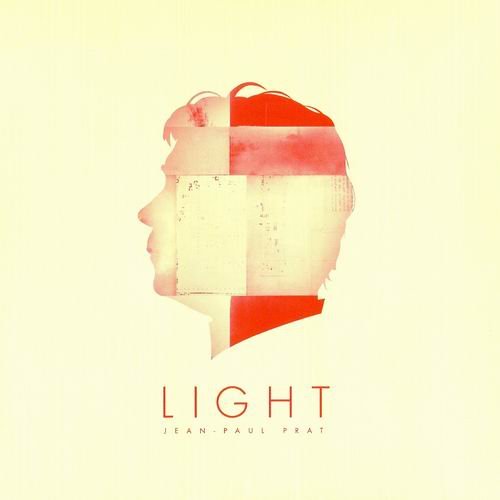
![Joe Lovano, Winston Salem Symphony & Michelle Merrill - a raft, the sky, the wild sea (2026) [Hi-Res] Joe Lovano, Winston Salem Symphony & Michelle Merrill - a raft, the sky, the wild sea (2026) [Hi-Res]](https://www.dibpic.com/uploads/posts/2026-02/1770314335_cover.jpg)
![Jamhunters - Smoothest Hits (20 smooth years) (2026) [Hi-Res] Jamhunters - Smoothest Hits (20 smooth years) (2026) [Hi-Res]](https://www.dibpic.com/uploads/posts/2026-02/1770353356_vo4tf6d4yjji2_600.jpg)
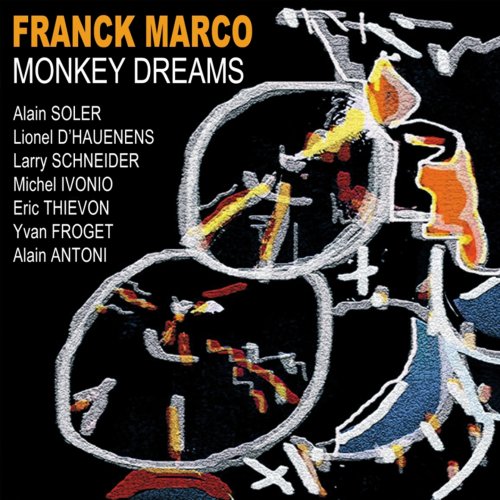
![Calibro 35 - Exploration (Deluxe Edition) (2026) [Hi-Res] Calibro 35 - Exploration (Deluxe Edition) (2026) [Hi-Res]](https://www.dibpic.com/uploads/posts/2026-02/1770195253_prs31td9h1vkc_600.jpg)
